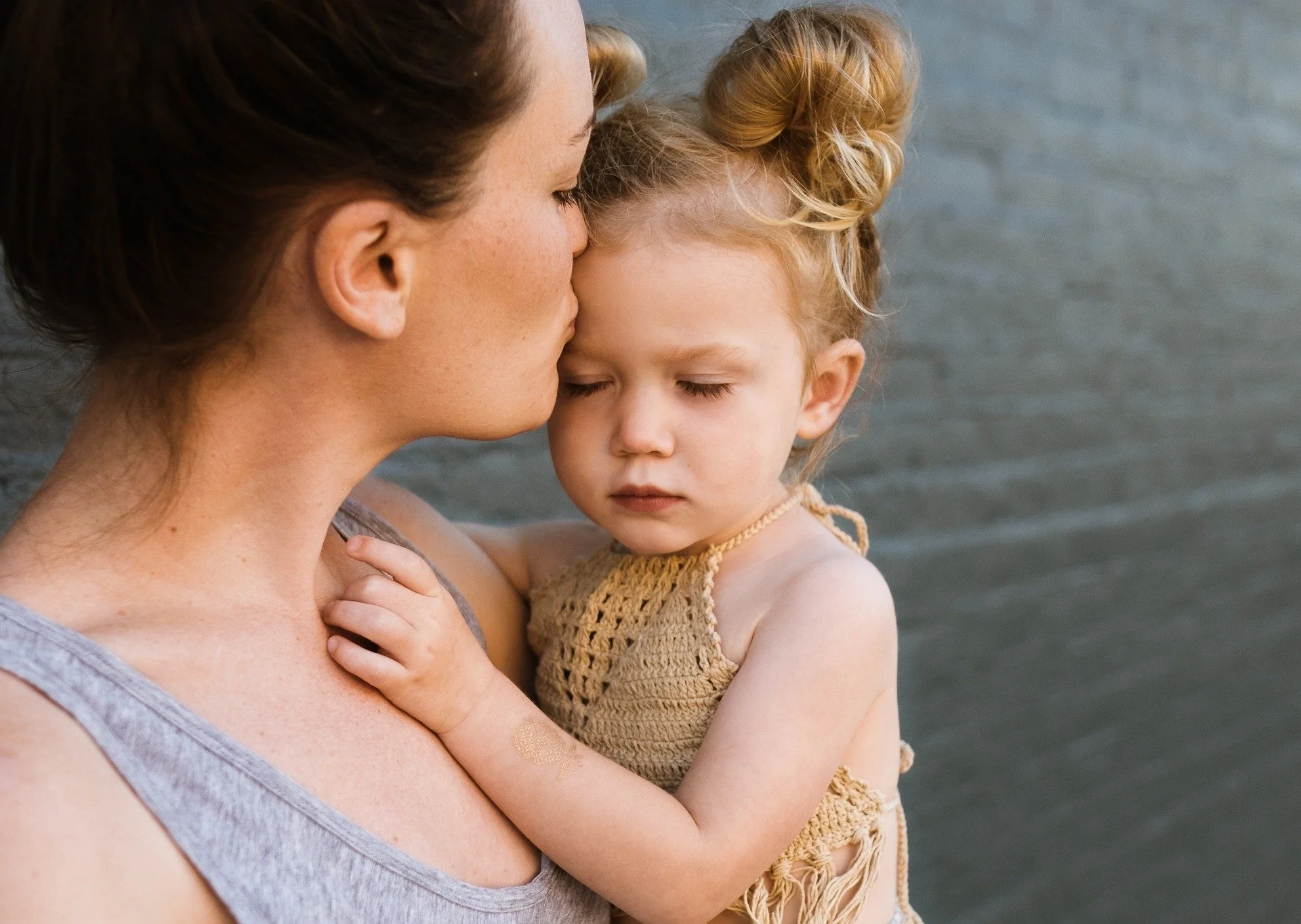7 Tips for Stay At Home Mom Depression
Being a stay-at-home mom can feel like a rollercoaster.
Some days are amazing… they are filled with giggles, snuggles, play dates, and easy fun.
Other days? They’re a s*it show - everything feels overwhelming and lonely.
If you’re battling feelings of sadness, emptiness, or isolation, know this—so many stay-at-home moms feel this way. You are not alone.
What Is Stay-at-Home Mom Depression?
Stay-at-home mom depression is real.
It’s not just about feeling tired (though that’s part of it).
It’s deeper. It’s the mental and emotional toll of giving so much of yourself while feeling like there’s little left for you.
Moms often experience this when they feel isolated, unappreciated, or stuck in a routine that feels endless.
You may love your kids dearly, but still struggle.
And that’s okay.
Loving your children and acknowledging your own struggles are not mutually exclusive.
Why Does SAHM Depression Happen?
Being home all day with kids is hard.
It’s mentally exhausting with a side of boredom.
It can be lonely and overstimulating to the max.
The constant demands, the never-ending to-do list, and the isolation can take a toll.
Loss of Identity
Many moms feel like they’ve lost themselves.Your days revolve around everyone else’s needs and leave little time to meet your own needs.
Isolation
Spending days with little ones can be lonely. It’s so hard going all day without adult interaction or conversation.Pressure to Be Perfect
Social media doesn’t help.Seeing other moms post their seemingly perfect lives can make you feel like you are failing or doing a bad job.
Physical and Mental Exhaustion
Sleep deprivation, little downtime, and the crazy pace can leave you feeling burned out.
What Are the Signs?
It’s more than just having a bad day.
Here are some signs that you might be dealing with stay-at-home mom depression:
Feeling sad or hopeless most of the time
Struggling to enjoy things you used to love
Feeling irritable or snapping over small things
Fatigue that doesn’t go away, even with rest
Guilt—feeling like you’re “not good enough”
Wanting to withdraw from others
If these feelings persist for more than a couple of weeks, it’s worth taking them seriously.
How to Cope and Heal from SAHM Depression
If any of this resonates, here are some practical tips that can help:
1. Acknowledge Your Feelings
Ignoring how you feel won’t make it go away.
Start by giving yourself permission to feel what you’re feeling. It’s okay to not be okay.
2. Find Support
Connect with other moms who “get it.”
Whether it’s a local playgroup, an online community, a church mom’s group, or a mom friend, having support is so important.
Talking to someone who understands makes you feel less alone.
3. Take Breaks
Easier said than done, right?
But even small moments of self-care matter.
Sip your coffee while it’s hot. Read a book during nap time.
Take a walk around the block. Little breaks recharge you more than you think.
4. Ask for Help
Talk to your partner, a friend, or a family member.
Let them know you need support — whether it’s a break from the kids or just someone to listen.
5. Challenge Negative Thoughts
Pay attention to the things you tell yourself.
If you catch yourself thinking, “I’m failing,” challenge that thought.
You’re not failing. You’re doing your best in a tough job.
6. Get Professional Help
Sometimes, talking to a therapist is the best step.
A counselor can help you process your feelings and develop tools to manage depression.
You don’t have to do it alone.
7. Revisit Your Passions
What’s something you loved doing before you had kids?
Maybe it’s painting, running, or baking. Start small, but try to bring a piece of that back into your life.
Takeaways
You’re not failing. And you’re more than “just a mom.”
The days might feel heavy now, but I promise that it will get better.
It’s okay to ask for help. It’s okay to take care of yourself.
In fact, it’s necessary—not just for you, but for your kids too. They need you.
You’re doing better than you think. Keep going mama!
With love and solidarity,
Are you a stay-at-home mom struggling with depression? - Let’s connect!
I will help you find solutions and immediate relief.
Reach out for a free consultation today!
Related Articles
How to Be Happy as a Stay-at-Home Mom with These 10 Life-Changing Tips
10 Positive Stay-At-Home Mom Quotes
Expert Tips on How to Make Friends as a Stay-at-Home Mom
Sources:
American Psychological Association - Working Moms Feel Better than Stay-at-Home Moms, Study Finds
Offer S (2014). Time with children and employed parents’ emotional well-being. Social science research, 47, 192–203.






